What Does Catnip Do To Cats?
Uncover the mysteries of catnip’s effect on cats! Learn why cats love it, how it changes their behavior, and get some fun facts about this peculiar plant.
Cats are fascinating creatures, and as a cat owner or enthusiast, you may have many questions about their behavior, health, and habits. In this comprehensive guide, we will address some of the most frequently asked cat questions, providing expert insights and practical advice to help you better understand and care for your feline friends.
| Question | Answer |
|---|---|
| Why do cats knead? | Kneading is a carry-over behavior from kittenhood, where kittens knead their mother’s belly to stimulate milk production. It is also a way for cats to mark their territory and create a comfortable spot for resting. |
| Why do cats eat grass? | Cats eat grass to aid digestion, as it helps them eliminate indigestible materials like hairballs. It also provides them with essential nutrients and can help with dental hygiene. |
| Why do cats purr? | Cats purr for various reasons, including relaxation, communication, and self-healing. Purring can also be a sign of contentment or a way to bond with their owner. |
| Why do cats groom each other? | Cats groom each other as a social bonding activity and to help maintain cleanliness. It also helps them distribute their scent, which can create a sense of familiarity and security within a group. |
| Why do cats bring “gifts” to their owners? | Cats bring “gifts” to their owners as a way of demonstrating their hunting skills and providing for their “family.” It is also a sign of affection and trust. |
| Question | Answer |
|---|---|
| How often should I take my cat to the vet? | It is recommended to take your cat to the vet for a check-up at least once a year. However, kittens, senior cats, and cats with health issues may require more frequent visits. |
| What are the signs of a healthy cat? | A healthy cat should have a clean coat, clear eyes, a moist nose, a healthy appetite, and regular bowel movements. They should also be active and alert. |
| How can I tell if my cat is in pain? | Signs of pain in cats include hiding, decreased appetite, changes in grooming habits, aggression, and vocalizations. If you suspect your cat is in pain, consult your veterinarian. |
| What vaccinations does my cat need? | Core vaccinations for cats include feline panleukopenia, feline calicivirus, and feline herpesvirus. Non-core vaccinations may be recommended based on your cat’s lifestyle and risk factors. |
| How can I prevent hairballs in my cat? | To prevent hairballs, groom your cat regularly to remove loose hair, provide a high-fiber diet, and consider using hairball remedies or supplements as recommended by your veterinarian. |
Understanding and addressing common cat questions can help you provide the best care for your feline friend. By staying informed and proactive, you can ensure a happy, healthy, and fulfilling life for your cat. Remember to consult your veterinarian for personalized advice and support, and visit All-4-Cats for more expert insights and resources on cat care.
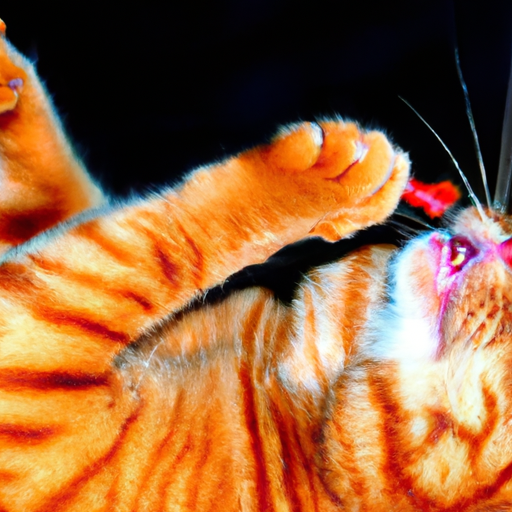
Uncover the mysteries of catnip’s effect on cats! Learn why cats love it, how it changes their behavior, and get some fun facts about this peculiar plant.
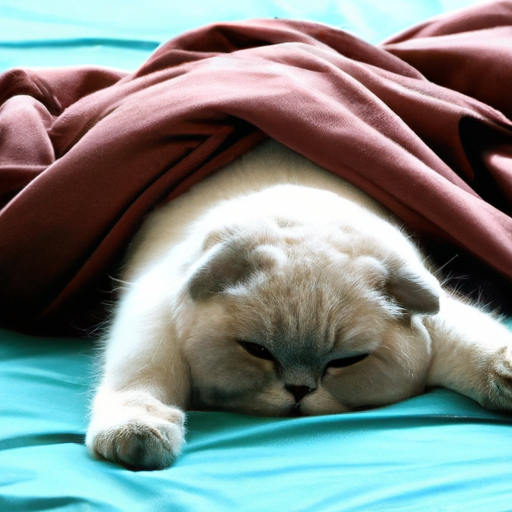
Discover why cats ‘make biscuits’ and the fascinating behaviors and instincts behind this feline trait. This comprehensive guide will answer your all your curious questions.
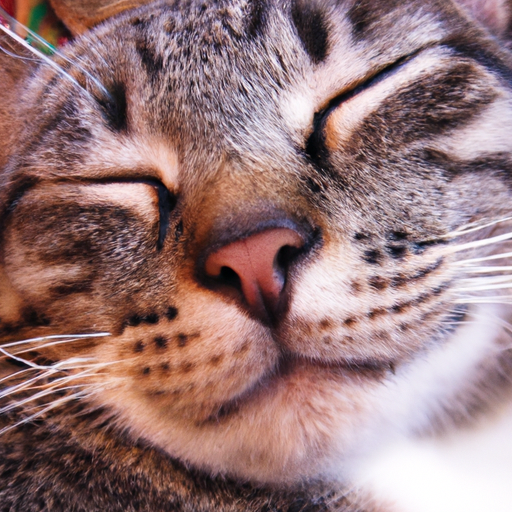
Unravel the intriguing mystery of why cats purr. This comprehensive article deciphers the various meanings behind the soothing rumble of your feline friend’s purr.
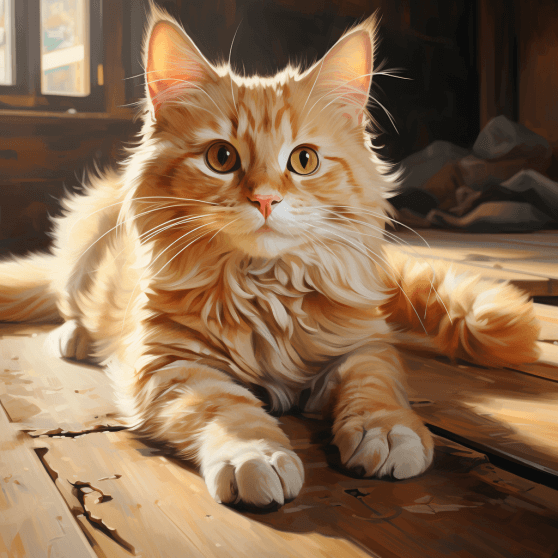
Explore the reasons behind the adorable and peculiar behavior of kneading in cats. Understand its historical context, practical purposes, and related feline communications.
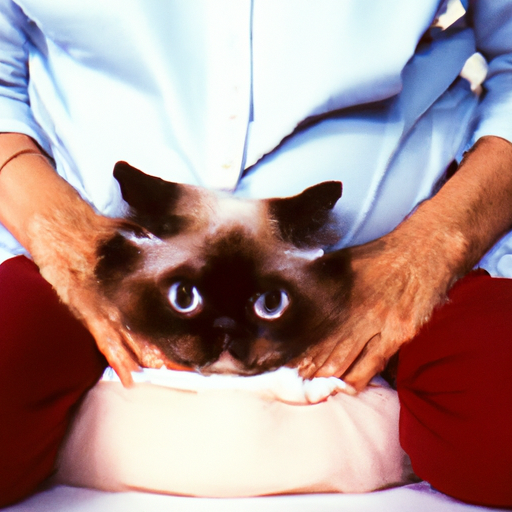
Discover all about a cat’s gestation period in our comprehensive guide. Learn about the stages, visible changes, and care necessitated in cat pregnancy.
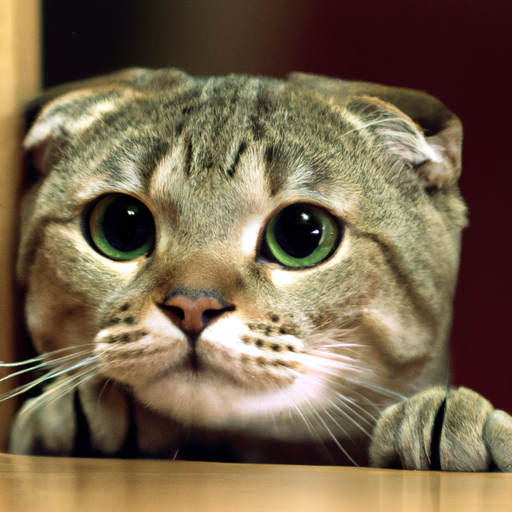
Uncover the lifespan of feline companions in “How Long Do Cats Live”. Discover variables affecting their longevity, including breed, lifestyle, and healthcare.